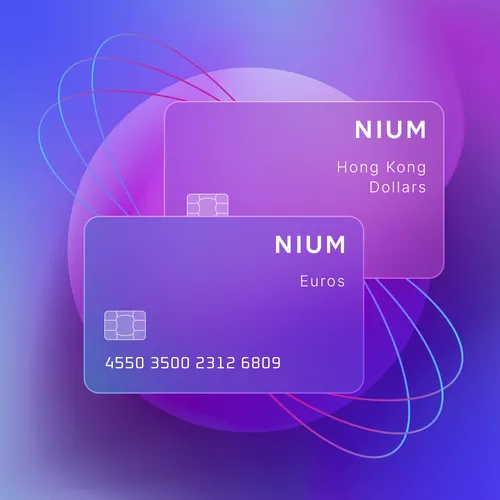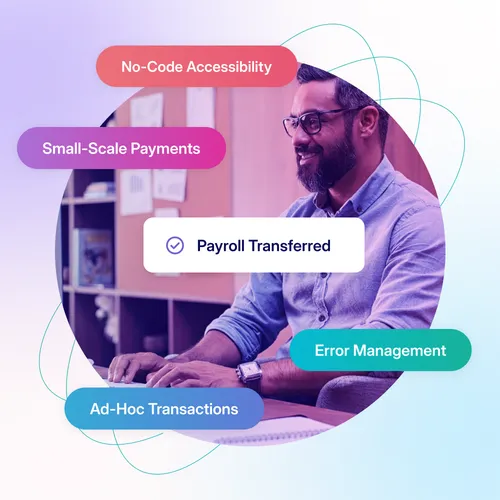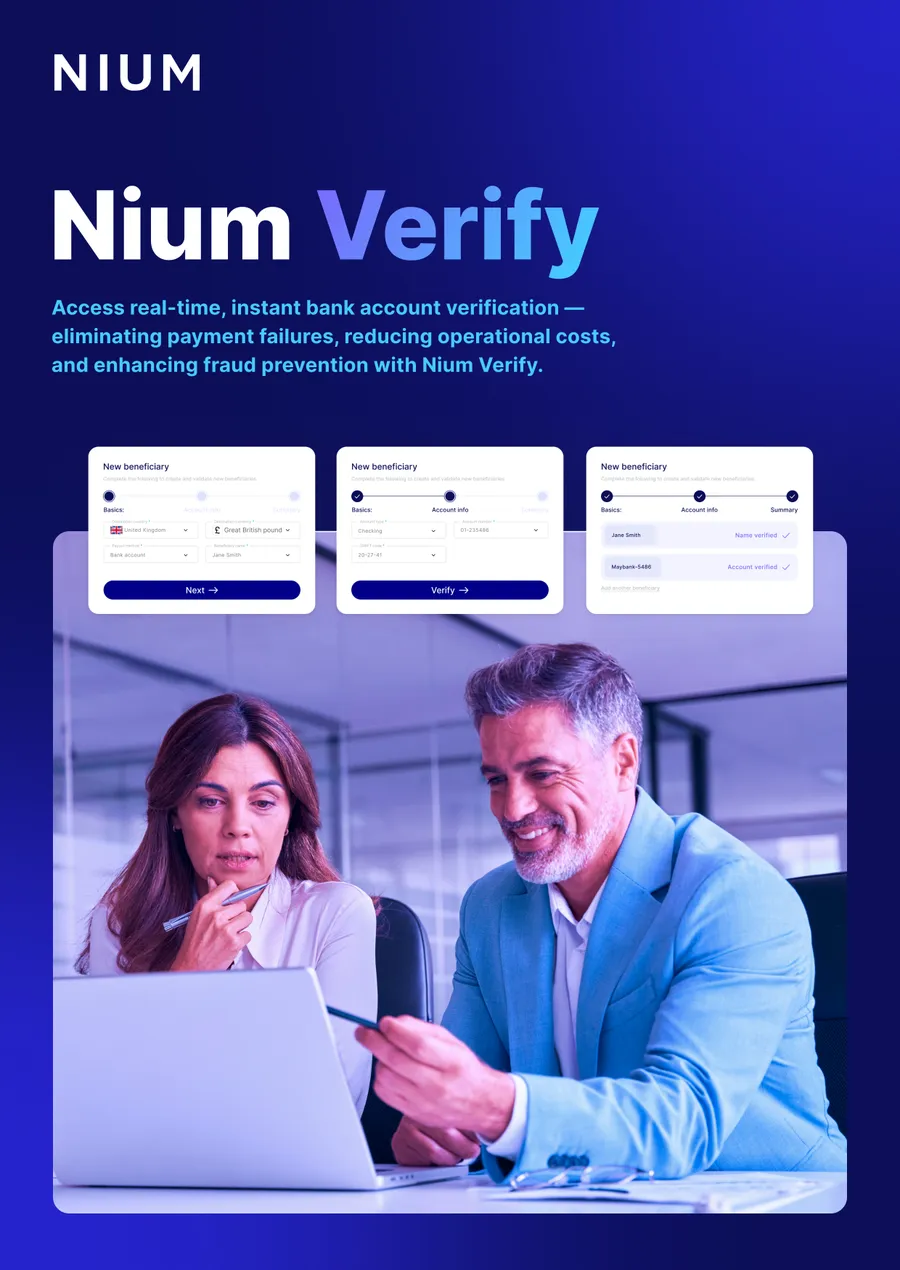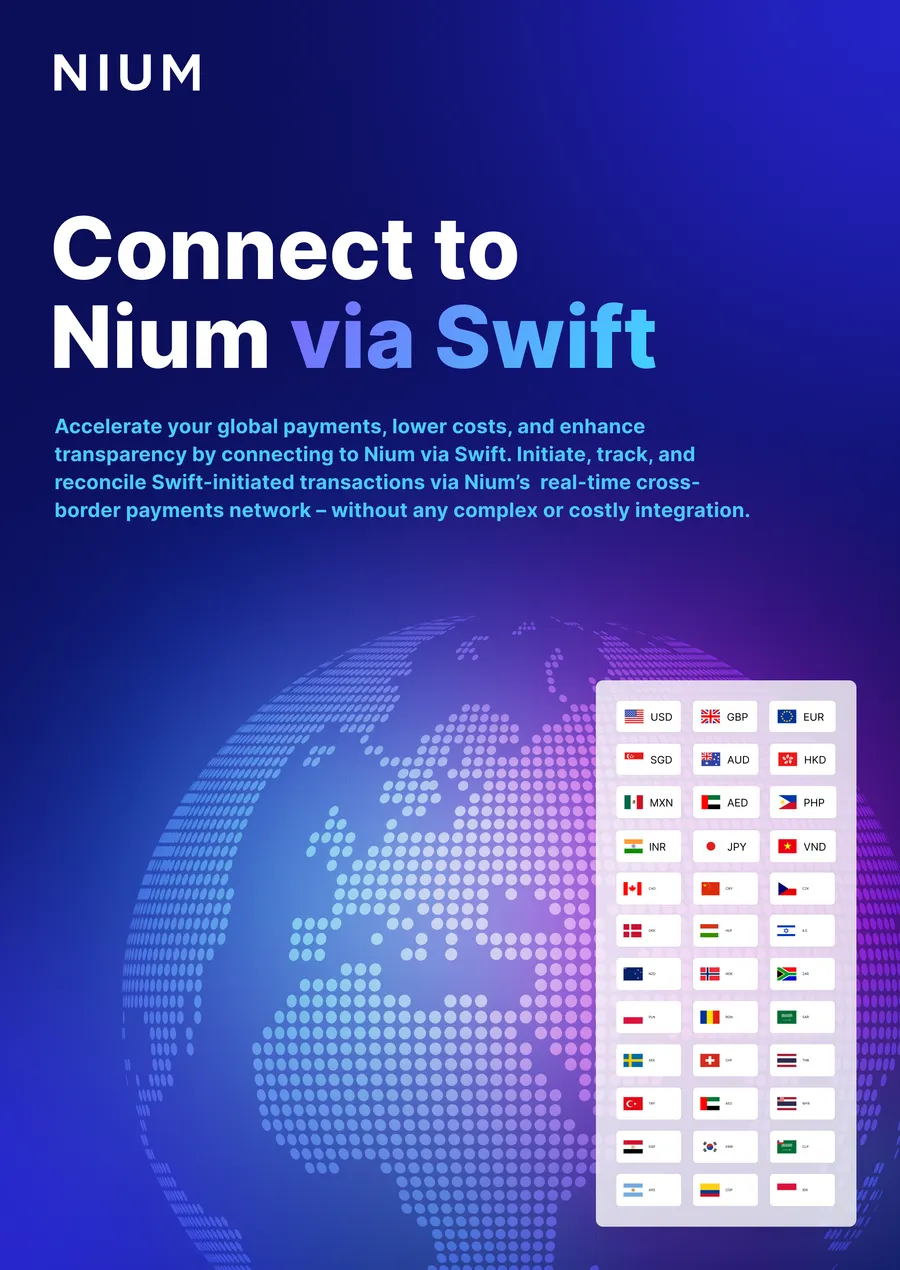Leilani Carbonell, Vice President, Account Management for the Americas at Nium, invited Stacy Mauro, Vice President of Engineering at Atticus and Annie Tsai, Chief Operating Officer at Interact, alongside fellow Nium’er, Christina Hutchinson, General Manager for Brazil and Vice President, Business Development LATAM, to offer their unique perspectives on the role they believe emotional intelligence plays in effective leadership.
Emotional intelligence is the ability to recognize, understand, and manage our own emotions, while also being able to recognize, understand, and influence the emotions of others. It encompasses skills such as emotional awareness, empathy, self-regulation, and social skills, which enable individuals to navigate social complexities, build strong relationships, and make informed decisions. High emotional intelligence is associated with effective communication and successful personal and professional interactions.
Emotional intelligence plays a crucial role in the workplace, significantly impacting individual and organizational performance. Research by TalentSmart reveals that emotional intelligence accounts for 58% of job performance and employees with higher emotional intelligence outperform their peers by 20%. Leaders with high emotional intelligence create more cohesive teams, enhancing team performance by 25%.
Furthermore, Gallup's report shows that managers with high emotional intelligence boost employee engagement, making team members four times less likely to leave their jobs. This retention reduces turnover costs and fosters a positive work environment. Highly emotionally intelligent workplace cultures also report 50% fewer workplace conflicts.
United, in many ways, but also by their experience as female leaders within fintech/tech industries, renowned for fast pace, high peaks and low troughs, the panellists navigate:
-
[04:19] Defining “emotional intelligence” in the workplace.
-
[10:30] Stacy offers her thoughts on previous leaders that she would regard to be emotionally intelligent and shares how they shaped her working style today.
-
[14:37] Christina gets vulnerable and recalls the first time she lost out on a seriously big deal and how her leader’s feedback helped her to pioneer future resilience.
-
[24:38] Annie and her team are tried and tested advocates for work-life integration, sometimes linked with “the 4-day work week”. She shares how this approach can foster a more emotionally intelligent way of work holistically.
-
[32:54] Having the privilege of working with a global organization means there is a greater opportunity to build diverse teams. Stacy further believes that recruiting the best talent for the role naturally contributes to growing inclusive practice.
-
[39:21] Increasingly, leaders look for those with “people skills” when recruiting, especially in a post-pandemic world. Annie weighs in with insightful ways she tries to better understand candidates at the interview stage, including exploring how they might cook up a storm in the kitchen or choose their next book.
-
[46:18] In Leilani’s early days as a manager, she offered feedback that she intended to be constructive but made her report’s eyes swell with tears. Since then, she has pushed herself to be more self-aware and now delivers direction differently. She wraps up by asking her guests for their words of wisdom for first-time managers.
About Women @ Nium:
Women @ Nium was created to champion sustained activities and conversations that support women with a long-term view. Every organization, including Nium, must make a conscious effort to create a truly diverse and inclusive environment for their team members. The Women @ Nium community strives to bring all global Nium’ers together. We are unafraid to raise topics that transcend globally and believe that more diverse companies are significantly more likely to outperform their peers, in every metric.












